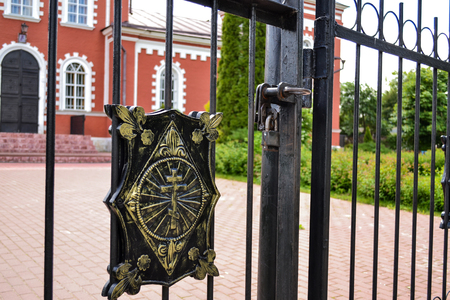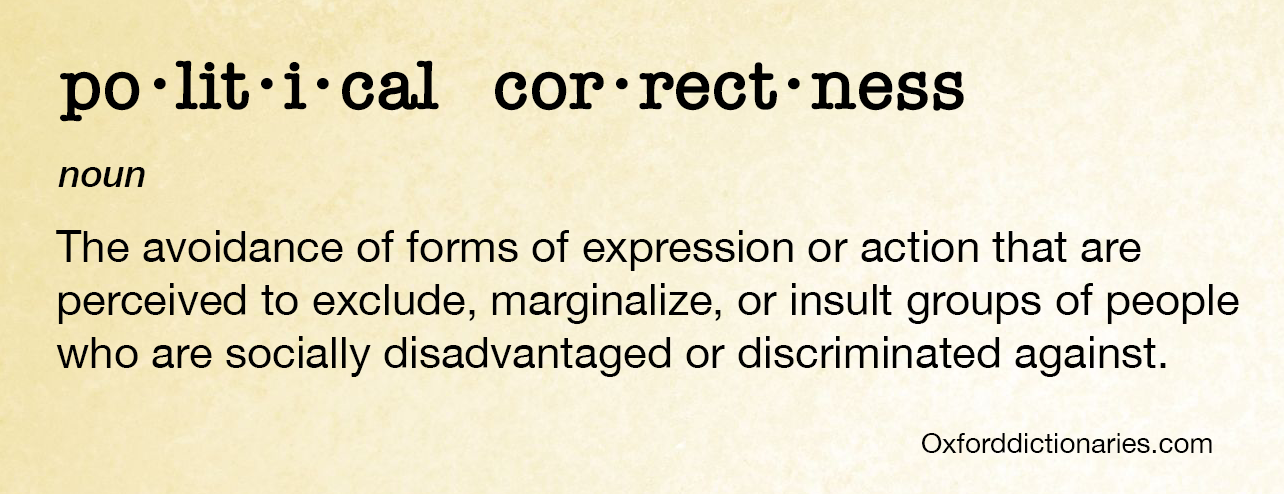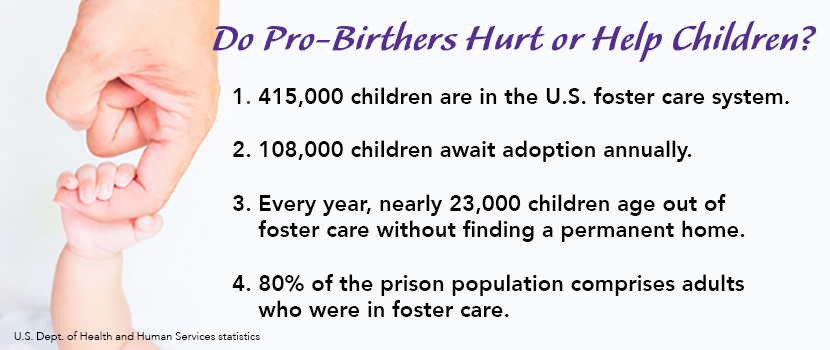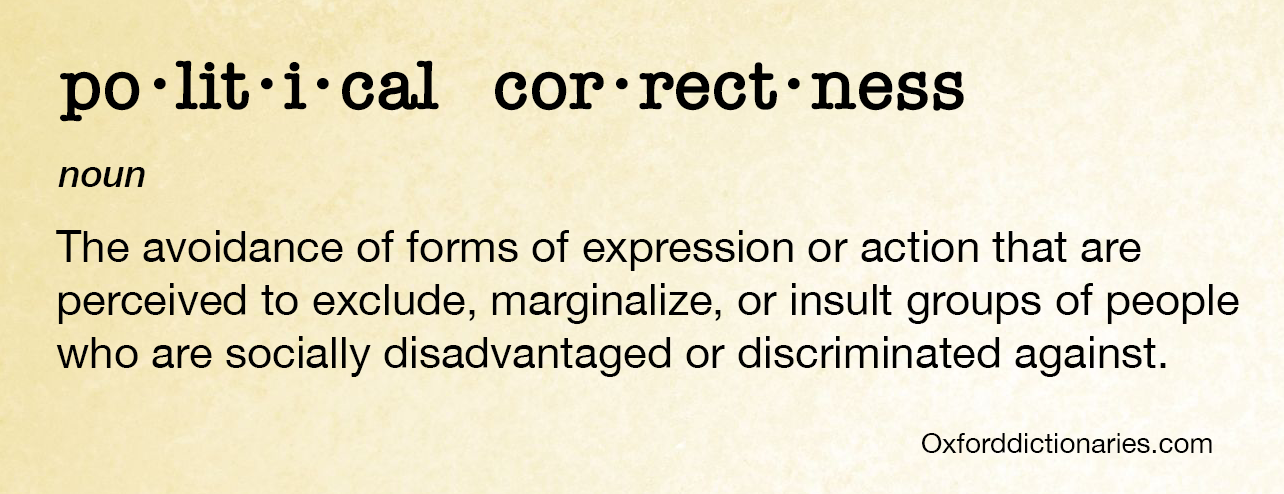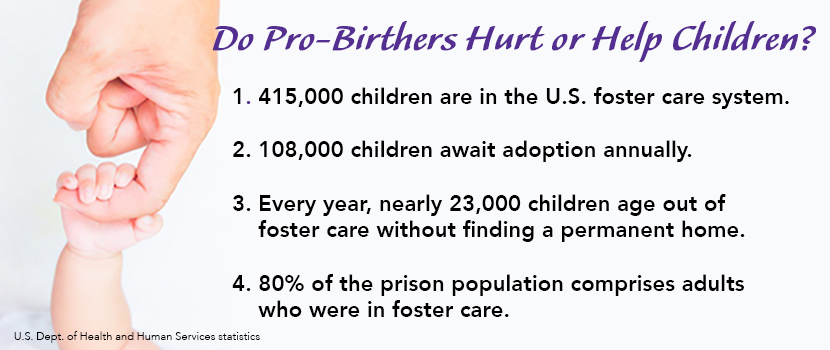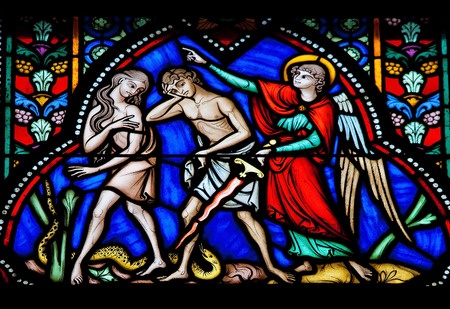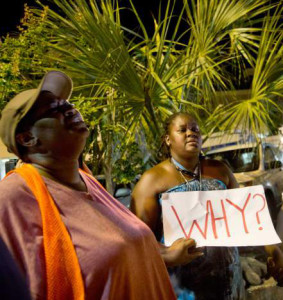The headline in lead story of the Washington Post’s Acts of Faith newsletter on Easter Sunday was enticing: “One reason why churches have such a hard time getting people in the door.” The contributor, Christian writer Amy Julia Becker, quickly revealed the reason church attendance is down: Christians. She says they block others from studying the Bible, joining the faith and attending services.
Ms. Becker made this insightful discovery as she considered inviting friends to attend Bible-study. It had all the ingredients of a pleasant gathering: great food, affable attendees. But that might not be enough, she thought: Everyone doesn’t own a Bible, have a Bible app or know the books of the Bible. They might even think “studying” the Bible signals an exam at the end.
Those concerns are legitimate; but I think there might be another impediment: Her prospective guests might have read enough of the Bible to know they don’t want to spend more time with it. Even at the risk of missing out on some really good food.
Does the Bible also impact church attendance?
Studying the Bible, we see scriptures normalizing or justifying sexism, slavery, racism, domestic violence, infidelity and murder. We also discover there are more than 10 commandments. In fact, more than 50 scriptures command us to commit murder: Kill those who work on Saturdays. Kill brides who are not virgins. We are even commanded to kill those who do not share our beliefs.
No wonder Shakespeare wrote, “Even the devil can cite scripture for his purposes.” Shakespeare knows more than most. Historians say he was involved with writing King James’ immensely popular version of God’s word.
The Bible also commands us to murder those who have sexual relations with someone of the same gender. Addressing that, Ms. Becker expressed concern that Christians “condemn people outside the church for their sexual decisions.”
Is there a link between church attendance and homophobia?
It is the 21st century. Surely, people inside the church know humans aren’t the only species in which same-sex orientation appears. Other mammals don’t make sexual decisions; they do what comes naturally. Quite possibly, humans do, as well.
Same-sex orientation is not in my genetic makeup, so I would not “decide” to be sexually involved with another woman. It would be as unappealing to me as it would be for a person with same-sex orientation to be with someone of the opposite sex. It defies our nature.
While Ms. Becker is concerned that Christians who condemn different sexual orientations are negatively impacting church attendance, quite possibly, the issue is that these Christians have erected barriers between themselves and the profoundly loving and inclusive teachings of Jesus. He was no fan of organized religion, and his teachings were diametrically opposed to those in the Old Testament where these inhumane and homophobic commandments dwell.
Do the unchurched accept the church’s version of Jesus’s life story?
Ms. Becker feels those outside the church have difficulty believing “God’s existence in the form of a Jewish carpenter who died and rose again.” She’s half-right.
First, we do believe God existed in Jesus. Seven New Testament scriptures assert that God exists within everyone. Jesus was no exception. We believe he died and rose again, just as we believe the life narratives of Horus, Mithra and Dionysus, whose legends were written thousands of years before Jesus’s. Like him, they were said to be offspring of immortal gods and mortal virgins. They healed the sick and raised the dead. They were executed, and all rose on the third day. The tradition of writers appropriating popular myths for their own purposes has survived through the ages.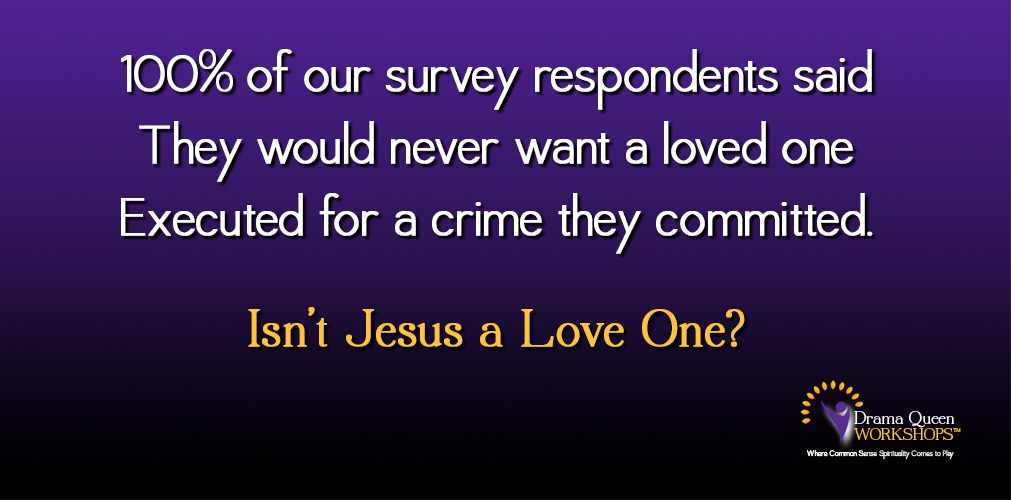
Another point: Christians insist upon using the word “died”—as if Jesus merely stopped breathing. Let’s be spiritually honest: Jesus reportedly was murdered; sadistically tortured to death, mocked and scorned. People inside the church have confessed to the sins that caused this gruesome execution and humiliation, and they say they are grateful it happened.
The Church’s Demonization of God
I understand why Christians euphemize this assassination. No one with a conscience or sense of decency would boast, “Jesus was tortured to death for something I did!” But I take exception to them demonizing God by shifting the blame. (The Church’s demonization of God is my personal barrier to entry.)
 Christians want us to believe—and threaten us if we don’t believe—that God would not forgive the guilty unless innocent Jesus was barbarically tortured to death. Only a demon would do that!
Christians want us to believe—and threaten us if we don’t believe—that God would not forgive the guilty unless innocent Jesus was barbarically tortured to death. Only a demon would do that!
God is good; 61 of their Bible scriptures affirm it. Another 14 scriptures say God is forgiving, and God’s grace is mentioned 318 times in the Old and New Testaments; 18 Bible verses declare that God loves us. Some clearly state God IS Love. Common sense question: Would Love voluntarily sacrifice Its one and only child to sadistic murderers?
Contrasted to religion, spirituality does not worship inhumane behavior. It builds no barriers between us and God. In spirituality, we are souls temporarily having a human experience. No one needs to give souls eternal life; we’ve always had it.
Spirituality also does not restrict the omnipresent spirit some call God to a gender or confine God to outer space, hundreds of light years away. In spirituality, God is not a hypocrite who commands us to forgive 70 times seven, but commits genocide by flood and filicide by crucifixion instead of forgiving.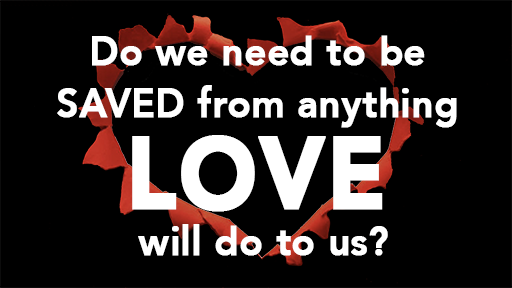 As I like to say, “If Love wouldn’t, God didn’t.” We believe the Divine has the compassion and capacity to forgive as unconditionally as the father in Jesus’s Parable of the Prodigal Son.
As I like to say, “If Love wouldn’t, God didn’t.” We believe the Divine has the compassion and capacity to forgive as unconditionally as the father in Jesus’s Parable of the Prodigal Son.
It’s no wonder the Church says God’s ways are mysterious. It is definitely a mystery that God alternately is portrayed as divine in one chapter of the book they study, and unquestionably demonic in the next. It says God is full of wrath, violent, vengeful, judgmental, murderous, genocidal and will inflict pain for all eternity unless we believe Jesus was tortured as our surrogate. We should retreat to this demonic but merciful god during times of need.
Christians can build barriers to their buildings. However, they lack the power to separate even one soul from our omnipresent, good-all-the-time God.

